Ars Electronica Garden
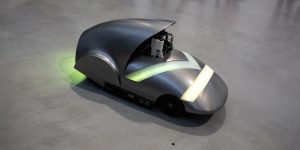
K – JKU’s Interactive Robocar
Institute for Machine Learning, LIT AI Lab, LIT Robopsychology Lab, Johannes Kepler University (AT); Inseq Design (AT)
K is a likeable little robocar: small in size, but very smart on board! Named after JKU’s famous patron, Johannes Kepler, it drives itself autonomously on changing terrain, can predict the movement patterns of pedestrians and playfully interacts with its environment.
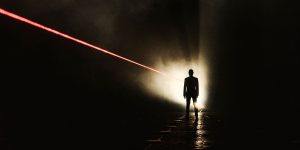
The Experimenta Garden - A Drone Opera (2015 – 2020)
Experimenta (AU)
The Experimenta Garden features the multi-platform work A Drone Opera (2015 – 2020)
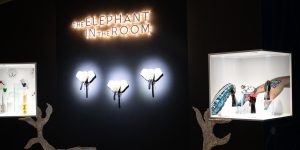
The Elephant in the Room
Melanie Baumgartner (AT), Florian Hartmann (AT), David Preninger (AT)
Nature-inspired robotics is collaborative, adaptable and ecological. With biodegradable and edible materials, new technologies that interact sustainably with humans and nature emerge. Imitations of an elephant's trunk embody such soft nature-inspired robots and interact quite naturally with visitors in Kepler's Gardens.
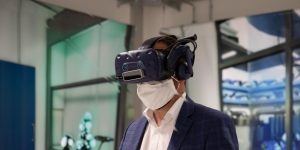
Robots Talking To Me
LIT Robopsychology Lab, Johannes Kepler University (AT)
How should robots communicate with people? What voice makes AI assistants sound trustworthy? Do we even have to listen to robots or should we always be in command ourselves? Under the title *Robots Talking to Me*, the *LIT Robopsychology Lab* presents four installations that give tangible expression to questions of human-machine relationships and invite participation.
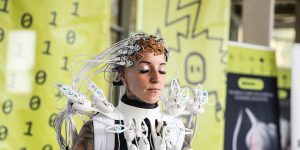
The Pangolin Scales
Thomas Faseth (AT), Harald Pretl (AT), Christoph Guger (AT), Anouk Wipprecht (NL)
The Pangolin Scales demonstrates the world’s first 1.024 channel brain-computer interface (BCI), which is able to extract information from the human brain with an unprecedented resolution to control an interactive, fashionable dress.
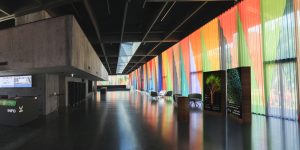
Treeversity
Johann Höller (AT), Thomas Lorenz (AT), Florian Gruber (AT), Ursula Niederländer (AT), Tanja Illetits-Motta (AT), Raphael Blasi (AT), Andreas Rösch (IT), Stefan Küll (AT)
Treeversity focuses on the relation between Big Data and data visualization to convey complex information at a glance. A mirror of the university’s inner workings, diligently recording success, failure and evolution. A portrait of its life in the form of a tree. Courses, grades and exams become branches, creating many different trees. Fully grown or nascent, withering or growing erratically. Treeversity shows the university as a forest, providing a tool to analyze its mechanisms at the same time.
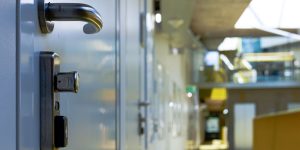
Exposed Building
Michael Roland (AT), Michael Mayr (AT), Robert Holzinger (AT), Markus Vogl (AT)
By opening a maintenance hatch and hacking into the network infrastructure behind it, we acquire access to the electronic locking system. By controlling the buzzers built into the office door locks, we transform the Science Park 2 building into an orchestra and it resounds like a huge walk-in instrument. The installation playfully provokes thought about the vulnerability of modern technology and its growing risks for society.
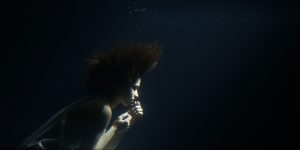
Igniting Creativity and Discovery where Science and Art Collide - London
Science Gallery Network (Int. - Atlanta/Dublin/Venice/Melbourne/London/Bengaluru/Detroit)
The Science Gallery Garden at the Ars Electronica Festival will explore trust, technology, global challenges, arts innovation and new forms of digital storytelling. A showcase from the world’s only university network dedicated to public engagement with science and art, it will feature interactive workshops, experimental audio and visual experiences, livestreamed events and a specially-curated digital archive
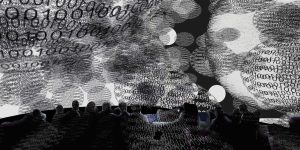
Transformation & Transmission
MA Interaction Design Communication at the London College of Communication, University of the Arts London (UK)
This online exhibition showcases 23 new works of interaction design from students of the MA Interaction Design Communication at the London College of Communication UAL. These works were all produced during the lockdown of March-May 2020, and demonstrate the shift from physical to digital practice demanded by the crisis, and the anxieties and uncertainties that the present and future held.
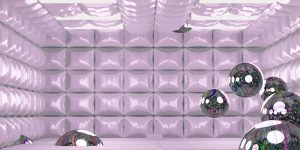
Draping Interfaces - London College of Fashion
Digital Anthropology Lab, London College of Fashion, University of the Arts (UK)
Draping Interfaces is an immersive physical/virtual installation that investigates the worlds that can appear when we mask or drape the physical with the virtual. How do images change when we zoom in and adjust our focus? What happens when we set the camera in a particular position?
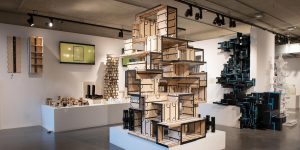
The London Garden of Heterotopias
The Bartlett School of Architecture, University College London (UK)
In Technology and the Lifeworld: from garden to earth Don Ihde discusses how life in a mythical Garden of Eden would not be human life without technology. Things and artifacts make life and form an integral part of the ontological trinity of human-technology-world. The Bartlett School of Architecture, along with its partners, centers its contribution to Ars Electronica around arts and technologies of care in a Garden of Heterotopias to create an environment of inclusion and inspection.

The Garden of Forking Paths - London (UK)
Media and Arts Technology Centre for Doctoral Training at Queen Mary University of London (UK)
The Garden of Forking Paths showcases seven interactive artworks, demos and performances, all the product of current PhD research into Media and Arts Technology at Queen Mary University of London. Utilizing sound, image, text, materials, and structure, each artwork explores aspects of how we think, sense and act when physical and digital worlds collide. We invite you to follow the forking paths and explore our digital garden.
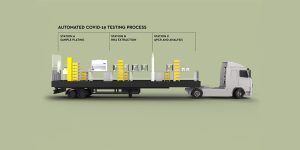
CONTAIN - Mobile COVID19 Emergency Testing Facilities
Open Cell (UK)
CONTAIN units are rapidly deployable COVID-19 testing laboratories housed in shipping containers. The design allows transportation to any location through standard shipping services. Automated RT-qPCR protocols can deliver 2,400 tests per unit in 24 hours.
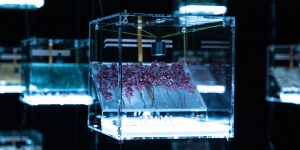
The Transparency of Randomness
Mathias Gartner (AT), Vera Tolazzi (AT)
"The Transparency of Randomness" is an interactive installation that provides insight into the world of randomness. Random numbers are continuously generated through a transparent dice system, to be used as the basis for real-time calculations and visualizations. Through its use of diverse materials, the process is influenced by the complexity of nature.
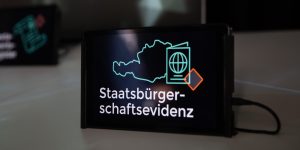
Digital Government in a Box
LIT Law Lab, Johannes Kepler University (AT)
From the “transparent citizen” and “social scoring” to AI-supported truth finding in the courtroom and machine-generated administrative notices: the digitization of administration and jurisdiction has many facets. It requires not only a consideration of what is technically possible, but also of what is legally permissible and what is desired in terms of legal policy. Against this background, the LIT Law Lab has two installations dedicated to the legal framework conditions (fundamental rights and data protection), problems and proposed solutions for a digitized enforcement.

Al truth machine
LIT Law Lab, Johannes Kepler Universität (AT)
From the “transparent citizen” and ”social scoring” to AI-supported truth finding in the courtroom and machine-generated administrative notices: the digitization of administration and jurisdiction has many facets. It requires not only a consideration of what is technically possible, but also what is legally permissible and what is desired in terms of legal policy. Against this background, the LIT Law Lab has two installations dedicated to the legal framework conditions (fundamental rights and data protection), problems and proposed solutions for a digitized enforcement.
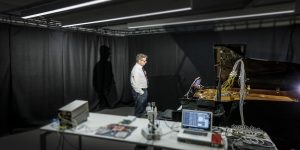
Biocomputer Rhythms
Interdisciplinary Centre for Computer Music Research (ICCMR), University of Plymouth (UK), Eduardo Reck Miranda (BR/UK)
Biocomputer Rhythms is a piece for prepared piano and percussion. It is a musical duet between a pianist and an intelligent interactive biocomputer. The biocomputer listens to the piano and produces musical responses during the performance. The responses are played on percussion instruments and on the piano by the pianist. The piano is prepared with electromagnetic actuators positioned inside the instrument to vibrate its strings. Electromagnetic actuators are also used to vibrate percussion instruments.
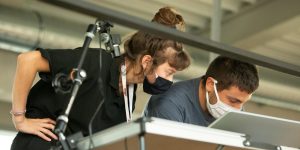
Performance Workshop: Enacting Innovation
Judith Igelsböck (AT), Friedrich Kirschner (DE), Sarah Buser (CH), Mónica Rikić (ES), Leoni Voegelin (CH), Tomás Montes Massa (CL), Laura Zoelzer (DE)
Enacting Innovation is a participatory staging of the social fabric surrounding contemporary innovation practices. Participants will negotiate the roles and situations that are frequently encountered in innovation processes and act out conflicts with each other and the technical infrastructures typically employed within such contexts. The simulation is inspired by research on ‘innovation scripts’ – the recipes followed in dealing with the omnipresent pressure to prove innovative ability.
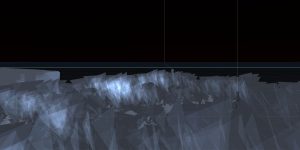
Random Rhetoric
MADE Group (GR)
“Random Rhetoric“ refers to computerized practices in politics, which are carried out through computers under the norm that political ideas operate as an outcome of mechanized processes and statistics, aiming at the absolute persuasion, the seduction of the audience, allured from the representation of a machine mimicking a human being.
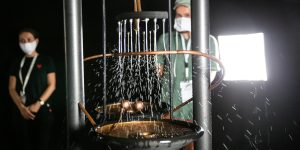
Dancing Water
Leon Kainz (AT)
This installation is based on a simple physical principle: the generation of electrostatic charges using water. The charged water droplets whirl in dynamic tracks around copper rods and react to nearby bodies. The collected charge can make a light bulb glow and generate flashes of lightning that can be centimetres long.


